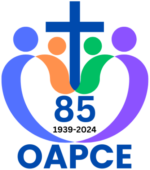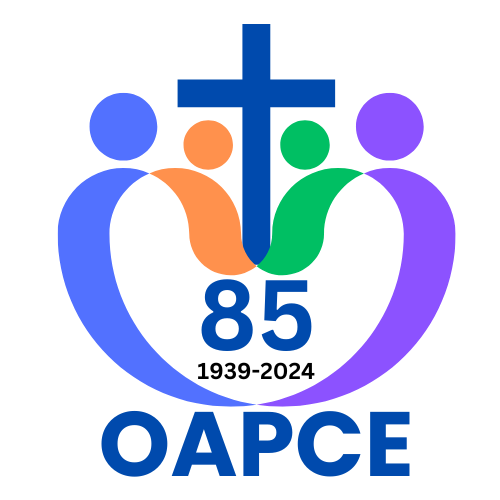With the issue of gender identity in schools making headlines across the Canadian media landscape, the Ontario Association of Parents In Catholic Education (OAPCE), is heartened to see political leaders championing the cause of safeguarding parental voice and authority. Ontario Premier Doug Ford, in particular, has joined the debate, echoing the sentiments of New Brunswick and Saskatchewan Premiers Blaine Higgs and Scott Moe, all of whom support parental rights when it comes to being informed about their child’s decision to change their identifying pronoun. Parents are the primary caregivers in their children’s lives and schools are entrusted with their care, they do not replace parents or assume their role.
RELATED ARTICLE: Politicians Affirm Parental Rights on Pronouns
These statements align with the views of Ontario Education Minister Stephen Lecce, who remarked on the importance of parental engagement in a child’s life. Lecce emphasized, “I think we understand though that parents must be fully involved and fully aware of what’s happening in the life of their children. I mean, often there are health implications, and I think we have to respect the rights of parents and recognize that these can be life-changing decisions, and I think parents want to be involved so that they can support their kids. And I think that’s a really important principle that we must uphold.”
Joe Perri, Co-Executive Director of the Ontario Association of Parents In Catholic Education (OAPCE), stands in agreement with these statements, he highlighted OAPCE’s mission, which is to foster a partnership between parents and schools, empowering parents to actively participate in their children’s education and ensuring they have a meaningful voice in the decision-making processes. According to Perri, “Any changes or decisions regarding their child’s gender identity or any other non-curricular items are a family matter.”
RELATED ARTICLE: THE POWER OF PARENT LEADERSHIP
Gender identity and other related topics have ignited intense debates among various stakeholder groups. Discussions range from gender pronouns to whether Catholic schools should raise the Pride flag in June, sparking what can be described as an ongoing cultural battle. To provide context and insight into Canadian perspectives, the Angus Reid Institute conducted a poll, shedding light on public sentiment regarding parental involvement in decisions related to their child’s gender identity. The study revealed that only 14 percent of respondents believe parents should neither be informed nor have consent. In contrast, 43 percent advocate for parents being informed and granting consent, while 35 percent support parents being informed if their child chooses a different identification. In the midst of these debates, the voice of the Archdiocese of Toronto, in partnership with several Catholic school boards, has been notable. Neil MacCarthy, the director of public relations and communications for the Archdiocese, emphasized the crucial partnership between parish, home, and school in the formation of young people. Recognizing that parents are the primary educators of their children, the Archdiocese underscores the importance of infusing Catholic teaching in all aspects of education.
Joe Perri, on behalf of OAPCE, made a firm commitment to advocate for parental rights and accountability in Catholic schools. He stated, “We will always be a voice of parents in Catholic schools, as we are mandated in the Education Act to engage, advocate and enhance the gift of Catholic education.” One parent, M. Pierucci, expressed her support for the stance taken by OAPCE and political leaders, saying, “As a parent, I believe it’s the parents right to be informed when it comes to my child’s education, especially sensitive topics such as gender ideology. The best people to provide the support and nurturing our children need are their parents.”
In conclusion, the interviews and articles with OAPCE and the insights from political leaders and educators underscore the significance of parental rights and involvement in Canadian education, particularly in matters related to gender identity. It reflects an ongoing dialogue about the balance between parental authority, school policies, and the well-being of students, with a focus on upholding the values and teachings that are integral to Catholic education in Ontario.


